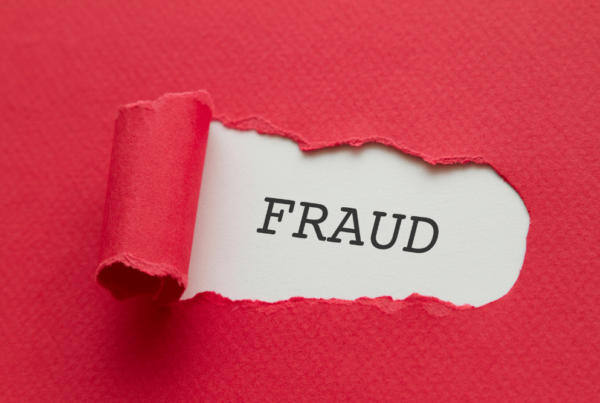NOTE: This article was originally posted in October 2010, but has been updated as of it’s new publishing date. Since the First Step Act (P.L. 115- 391) became U.S. federal law on December 21, 2018, a variety of changes came into effect, including expansion of credits available for good behavior. Accordingly, this article was updated to account for these changes to U.S. federal law.
Conspiracy is a federal offense that is charged in combination with another crime. When a person commits a criminal offense together with another person, or a group of people, their agreement to commit the crime is a conspiracy and its own offense.
For example, distribution or possession with intent to distribute a controlled substance (21 U.S. Code § 841(a)) is a criminal offense capable of being committed by one person. However, if the offense was committed pursuant to an agreement among several people, then the offenders can also be charged with conspiracy. The conspiracy statute in drug trafficking cases is 21 U.S. Code § 846.
Federal law provides the government with multiple ways to prosecute conspiracies. The U.S. legislature has established conspiracy offenses for specific conduct. There is also a general conspiracy statute designed to punish conduct that does not fall into one of the specific categories.
Conspiracy is an inchoate crime, which means that the offense is committed before any action takes place. It is the agreement to engage in a criminal offense that is the crime. The criminal offense itself does not actually have to take place.
Under 18 U.S. Code § 371, a person can be charged with conspiracy based on two elements:
- An agreement to commit a criminal offense; and
- An overt act that furthers the conspiracy.
The U.S. Attorney does not have to prove that the agreement was in writing. It can be verbal and still subject the parties to criminal liability.
The statute provides that the sentence for conspiracy is up to five years imprisonment. But if the criminal offense in question was only a misdemeanor, then the penalty for conspiracy cannot exceed the penalty for that misdemeanor:
If two or more persons conspire either to commit any offense against the United States, or to defraud the United States, or any agency thereof in any manner or for any purpose, and one or more of such persons do any act to effect the object of the conspiracy, each shall be fined under this title or imprisoned not more than five years, or both.
If, however, the offense, the commission of which is the object of the conspiracy, is a misdemeanor only, the punishment for such conspiracy shall not exceed the maximum punishment provided for such misdemeanor.
See 18 USC 371.
It is not a violation of double jeopardy for the defendant to be prosecuted and sentenced for both the conspiracy and the offense they agreed to commit. Each is a separate and distinct offense.
Conspiracy crimes often represent the type of non-violent offenses that qualify for benefits under the First Step Act. Under this program, offenders with certain low-level convictions may earn up to 54 days of credit per year of their sentence, assuming they follow all rules and exhibit good behavior.





